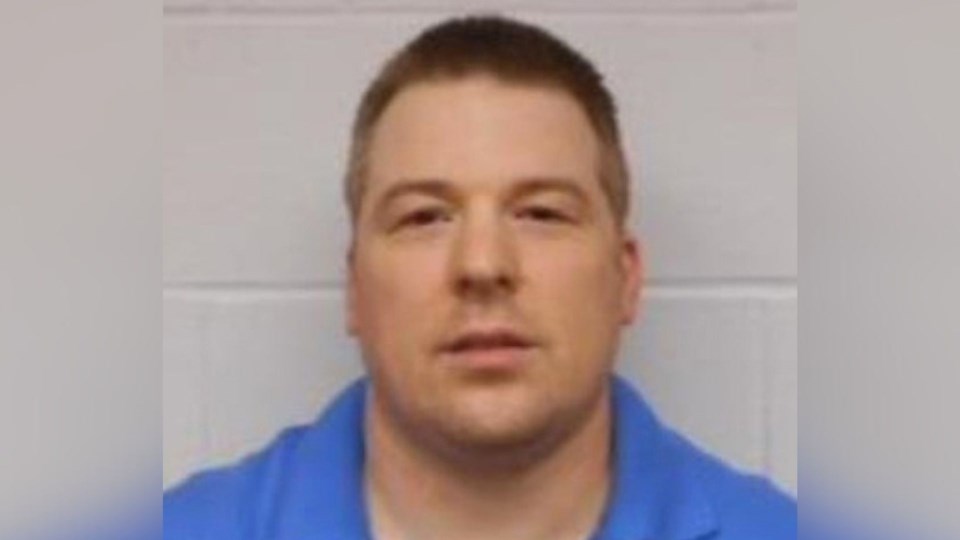A dangerous offender designation will be sought for a B.C. man who has pleaded guilty to making child pornography, a Vancouver Provincial Court judge heard June 14.
Crown prosecutor Ellen Leno told Judge Jennifer Oulton that B.C.’s attorney general has approval such an application in the case of Kristjon Otto Olson, who pleaded guilty Nov. 7 to 11 charges out of 26 listed in a Feb. 10, 2022 court information.
“The Crown is intending to proceed with a dangerous offender application,” Leno said.
The decision came after the court received a psychiatric assessment.
A Gladue report, a document prepared in the cases of Indigenous offenders, is to come, the court heard. In November, Leno told Oulton such an assessment would form how the Crown might proceed in requesting a dangerous offender or long-term offender designation as part of sentencing.
Olson was initially charged with 14 counts of making child pornography involving 12 girls under 16 years of age. The charges came as part of an international investigation.
The RCMP said in 2022 the 47 Canadians caught in the operation face 186 charges, though more may come.
INTERPOL listed 12 children being safeguarded from harm in Canada, with seven in B.C. Overall, 146 children were safeguarded. While not all arrests have been made public, Australian Federal Police at the time announced more than 100 Australians having been arrested as part of .
The charges Olson pleaded guilty to are:
• making child pornography from March 8, 2018 to Feb. 13, 2020;
• exposing his genitals for a person under 16 for a sexual purpose between the same dates;
• possessing child pornography between the same dates;
• committing extortion of a person between Jan. 1, 2019 and June 19, 2020;
• making child pornography of the same person between Jan. 1, 2019 and June 19, 2020;
• inviting touching for a sexual purpose of the same person between the same dates;
• exposing his genitals to that person for a sexual purpose between the same dates;
• between the dates of May 1, 2019 and May 16, 2019, communicating with another person he believed was under 18 for the purpose of committing sex-based offences;
• transmitting, distributing, selling, importing or exporting child pornography;
• breaching a peace bond by communicating with a person he knew or should have known was under 16; and,
• breaching a court recognizance by possessing pornographic material.
All of the offences are listed in court documents as having occurred in Vancouver.
A dangerous offender designation can lead to an offender being incarcerated for an indeterminate period.
Offenders considered lower risk to the public can be put on long-term supervision orders (LTSOs) designed to integrate them back into the community while living in supervised housing under strict conditions.
A recent found some convicted sex offenders and killers on LTSOs have breached or allegedly breached those orders in recent months.



